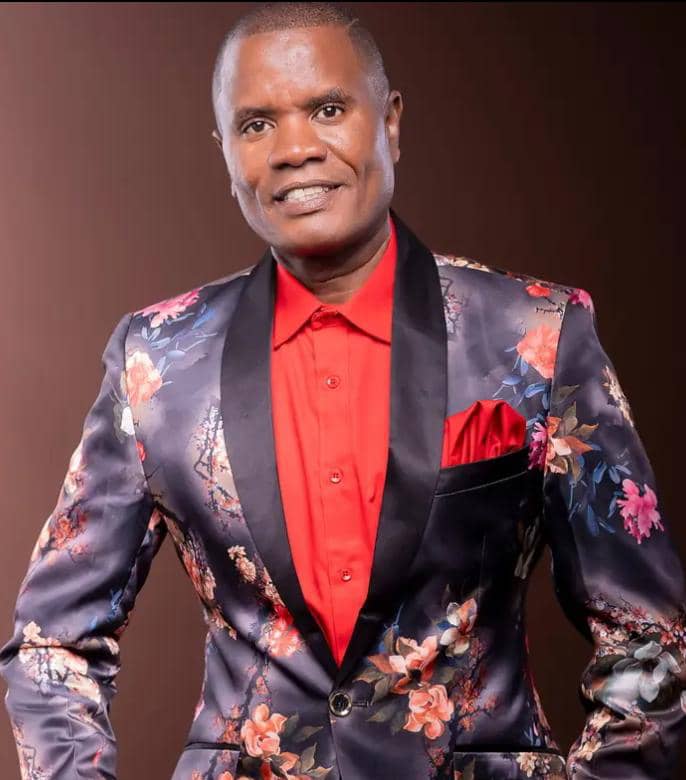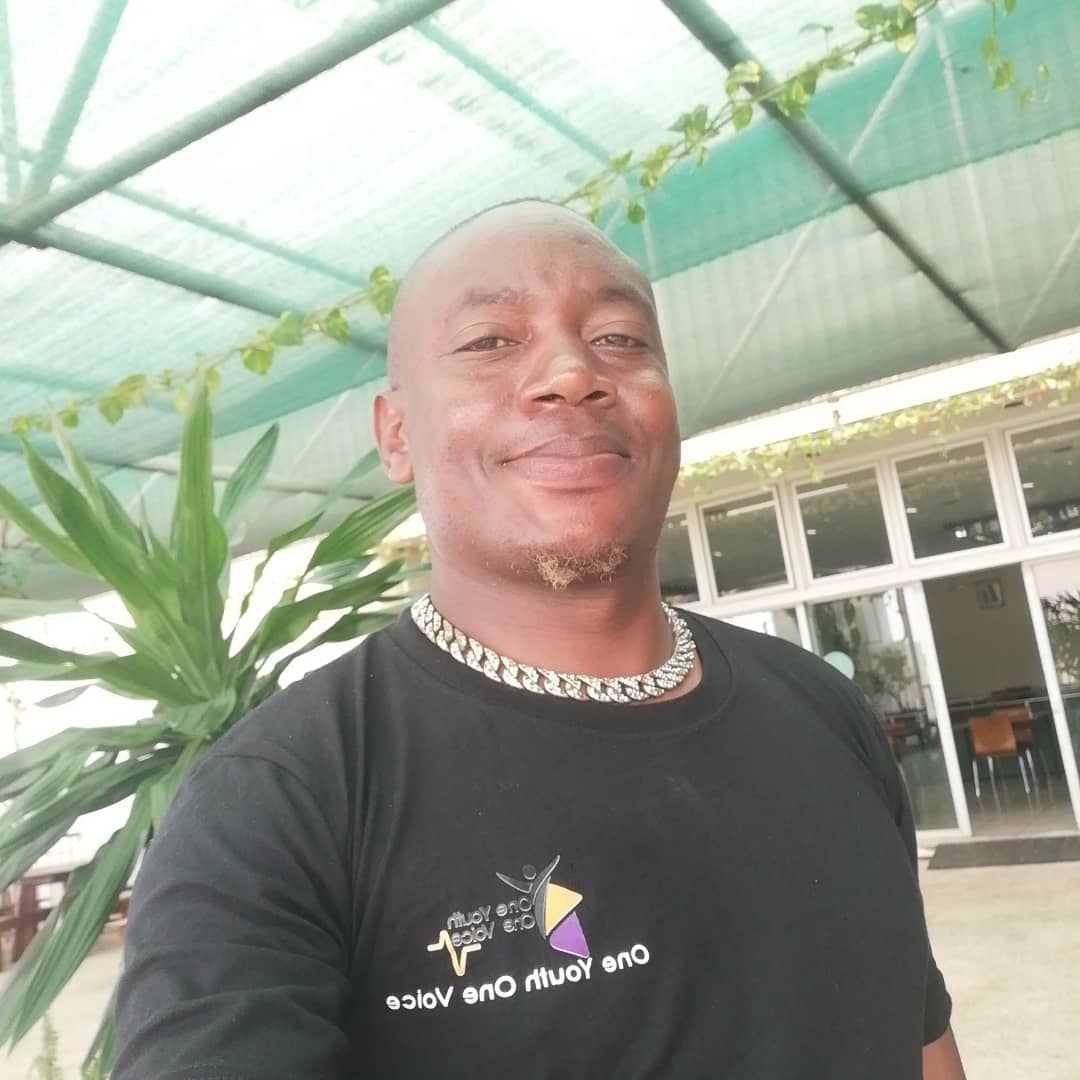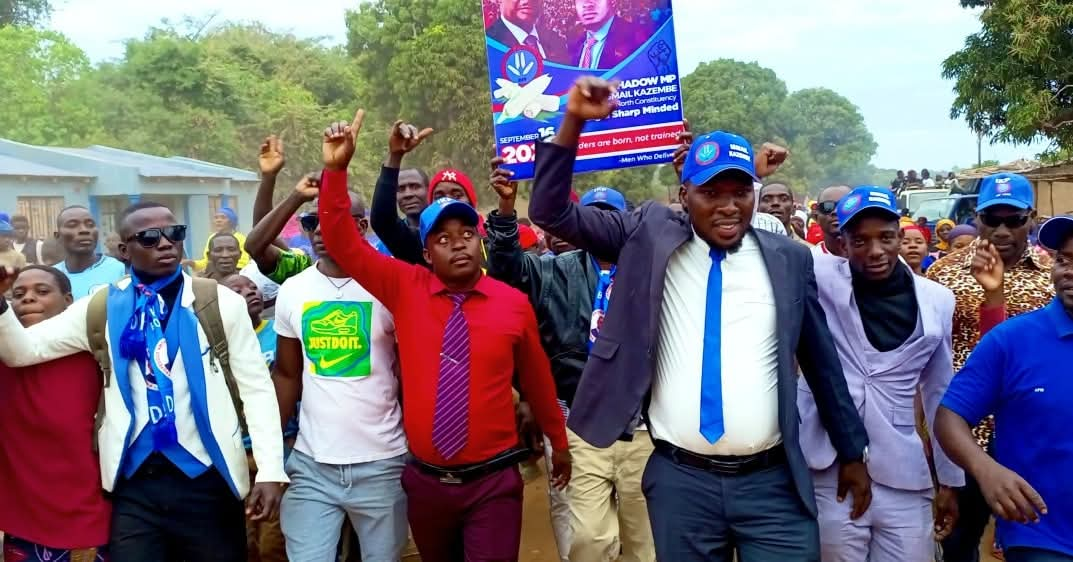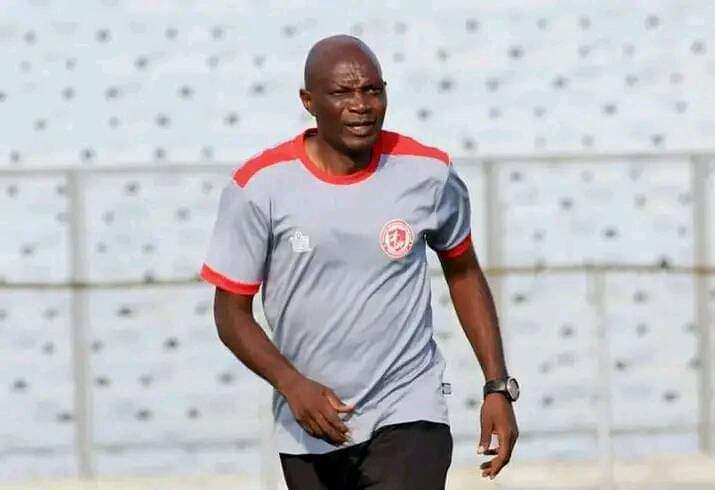By Burnett Munthali
In a candid message shared on the Malawi Under Siege 2025 WhatsApp platform, former lawmaker Allan Ngumuya offered a personal and political reflection on the state of Malawi’s political scene, specifically focusing on the Democratic Progressive Party (DPP) and the United Transformation Movement (UTM). Ngumuya’s message, aimed at a fellow DPP member who had written about him, delves into a variety of political dynamics, grievances, and the shifting allegiances within Malawi’s political landscape.
Ngumuya begins by acknowledging the inevitability of human errors in political decisions, alluding to his own past choices, which were made under emotional duress. He reflects on a time when he had been approached by the DPP in 2014, when the party was facing a crucial injunction, and his role in assisting the party during that time. Ngumuya recollects how the DPP, led by then-President Peter Mutharika (APM), sought his help during a turbulent period. He states that although the DPP’s actions and his subsequent involvement were a product of the political environment, it was his perception of his contribution that shaped his eventual disillusionment with the party.
Ngumuya takes the opportunity to acknowledge the challenges that UTM has faced over the years, particularly during a time of leadership instability. He notes the demise of their former leader, a loss that left the party in disarray and unable to mount a meaningful challenge. However, he points to UTM’s resurgence, now that they have found a strong leader in the form of Dr. Dalitso Kabambe (DK), a figure who, according to Ngumuya, had been instrumental to the DPP’s successes in the past. Ngumuya argues that the support for UTM has grown significantly as the party begins to regain its footing. He confidently asserts that the upcoming political climate will not mirror the dismal 7% performance that UTM registered in previous elections.
A key element of Ngumuya’s message revolves around his frustration with the internal dynamics of the DPP. He accuses certain senior figures within the party of undermining DK’s potential as a leader, just as they had done with Saulos Chilima (SKC), the Vice President of Malawi who was also once a DPP ally. Ngumuya, while expressing respect for APM, is adamant that the current leadership structure within DPP is detrimental to Malawi’s future. He contends that the power struggles within the DPP—particularly those involving figures like Gertrude Mukhito, George Chaponda, and others—are not in the best interest of the country. He warns that the electorate is not blind to these internal squabbles and will not be easily swayed by political maneuvering.
Ngumuya also critiques the DPP for not evolving with the times, especially as it continues to cling to leadership figures from the past. He argues that APM’s era has passed and that it is time for new leadership, represented by DK and UTM, to take Malawi forward. He believes that DK, with his extensive background in economics and governance, is the kind of leader that Malawi needs, not just for his technical abilities but also for his strong moral and intellectual character. Ngumuya also reflects on DK’s previous roles, including his tenure as the Reserve Bank Governor, which he believes demonstrated DK’s competence and vision for the country’s future.
At the same time, Ngumuya rejects any insinuations that he is a supporter of the Malawi Congress Party (MCP), pointing out that his loyalty lies with UTM, a party he believes offers a brighter future for Malawi. He vehemently denies being an MCP agent, emphasizing that his stance is based on the desire for leadership that is focused on serving the people of Malawi rather than pursuing personal or partisan gains.
The message takes a poignant turn as Ngumuya speaks about the tragic death of Vice President Saulos Chilima, a man he had once worked alongside in the DPP and who had been an integral part of the country’s leadership. He pays tribute to Chilima’s legacy, noting that his untimely passing has left a significant gap in the country’s political landscape. Ngumuya’s emotional tone reveals the personal toll that political upheavals have had on him and many others who have witnessed the volatility of Malawi’s political climate.
In conclusion, Ngumuya calls on Malawians to look beyond party affiliation and focus on electing a leader who is capable of addressing the country’s pressing issues. He urges the electorate not to be swayed by tribalism or party loyalty, but rather to prioritize a candidate with the abilities and vision to serve the nation effectively. As he concludes, Ngumuya expresses confidence in UTM’s ability to surprise its critics, just as they did in 2019, and predicts that the party will emerge as a significant player in the 2025 elections.
Ngumuya’s message, laden with personal experiences and political reflections, serves as a call for introspection within Malawi’s political circles. It underscores the need for leadership that transcends party politics and personal ambitions and advocates for a focus on policies that benefit the nation as a whole. Whether his message resonates with the electorate or not remains to be seen, but it certainly provides a glimpse into the turbulent, shifting dynamics of Malawi’s political future.




